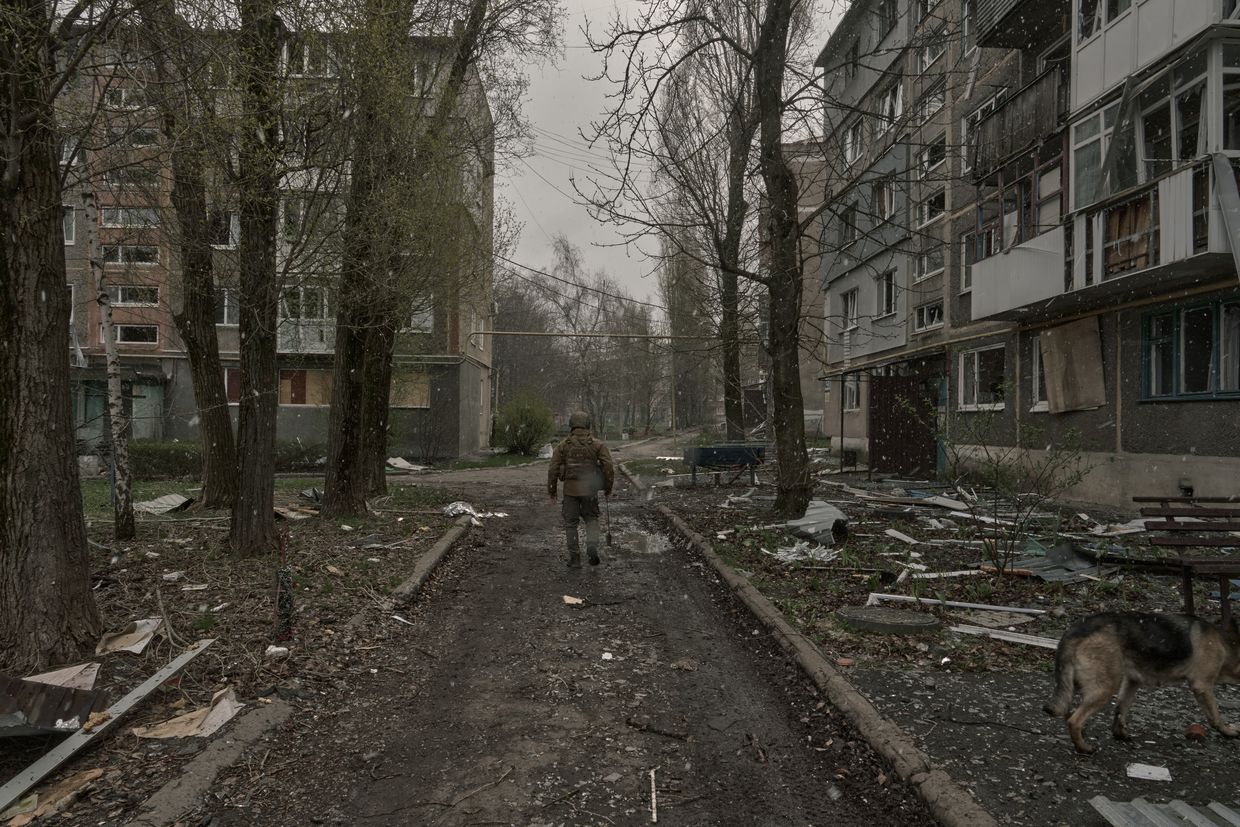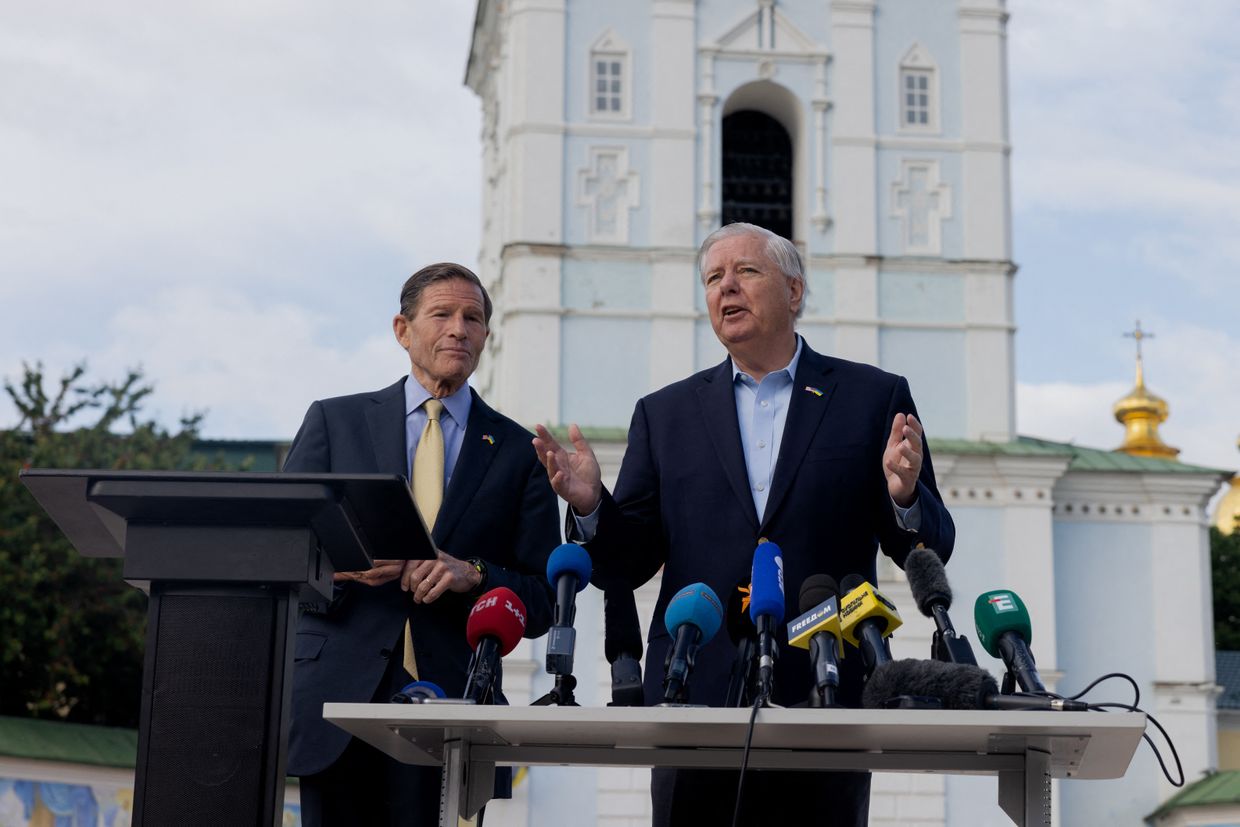
Senate to 'start moving' Russia sanctions bill next week, Graham says
The proposed bill would introduce expansive penalties on Russia and impose 500% tariffs on imports from countries purchasing Russian fossil fuels.

The proposed bill would introduce expansive penalties on Russia and impose 500% tariffs on imports from countries purchasing Russian fossil fuels.
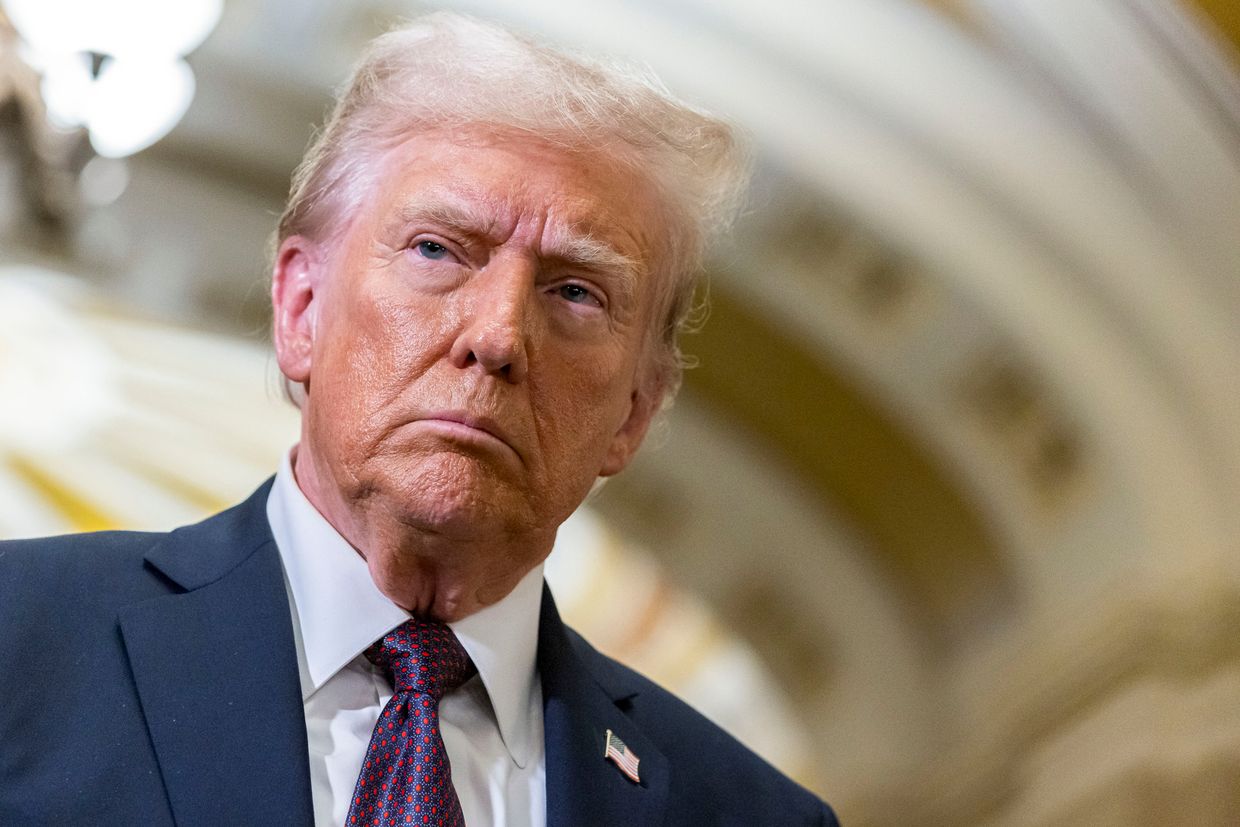
U.S. President Donald Trump said on May 28 that he has not yet imposed new sanctions on Russia because he believes a peace deal to end the war in Ukraine may be within reach.
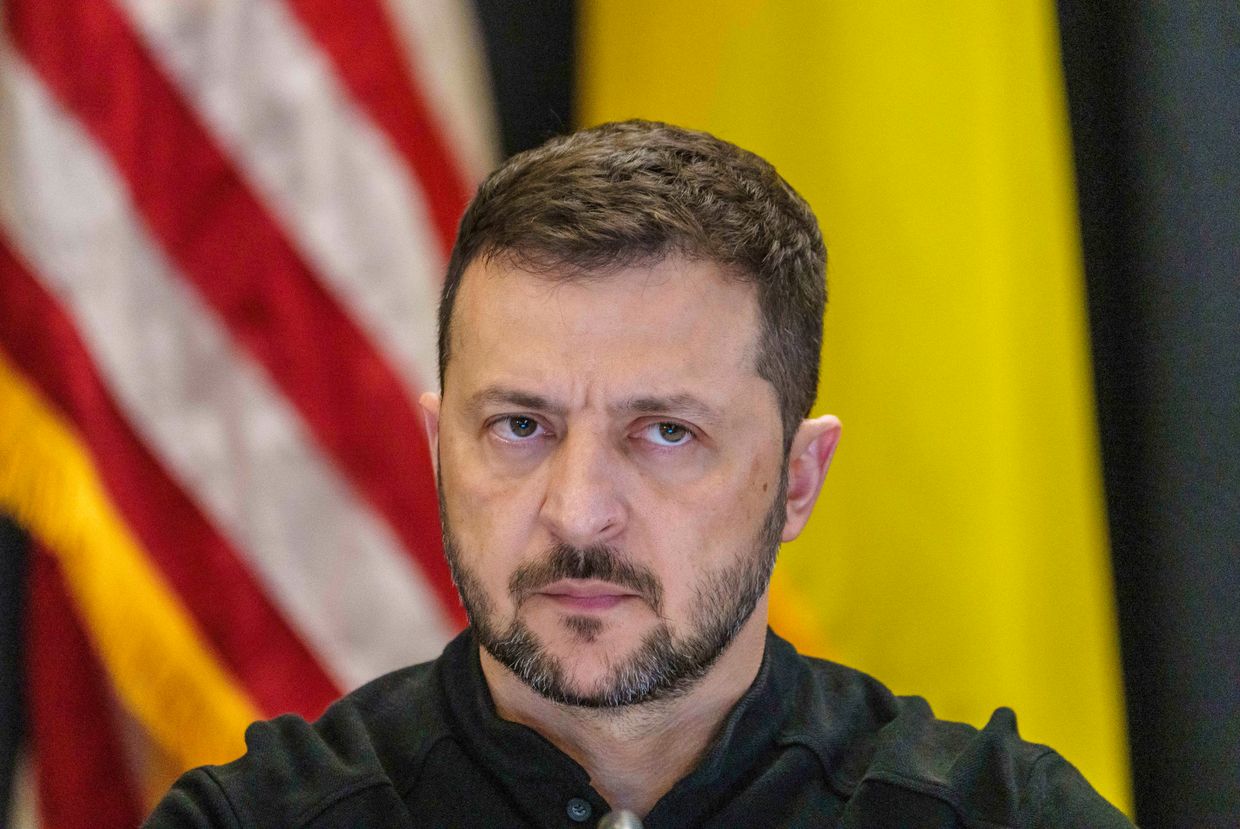
President Volodymyr Zelensky hopes that in June 2026, there will be no more war in Ukraine, but Russia will still feel the pressure of sanctions.
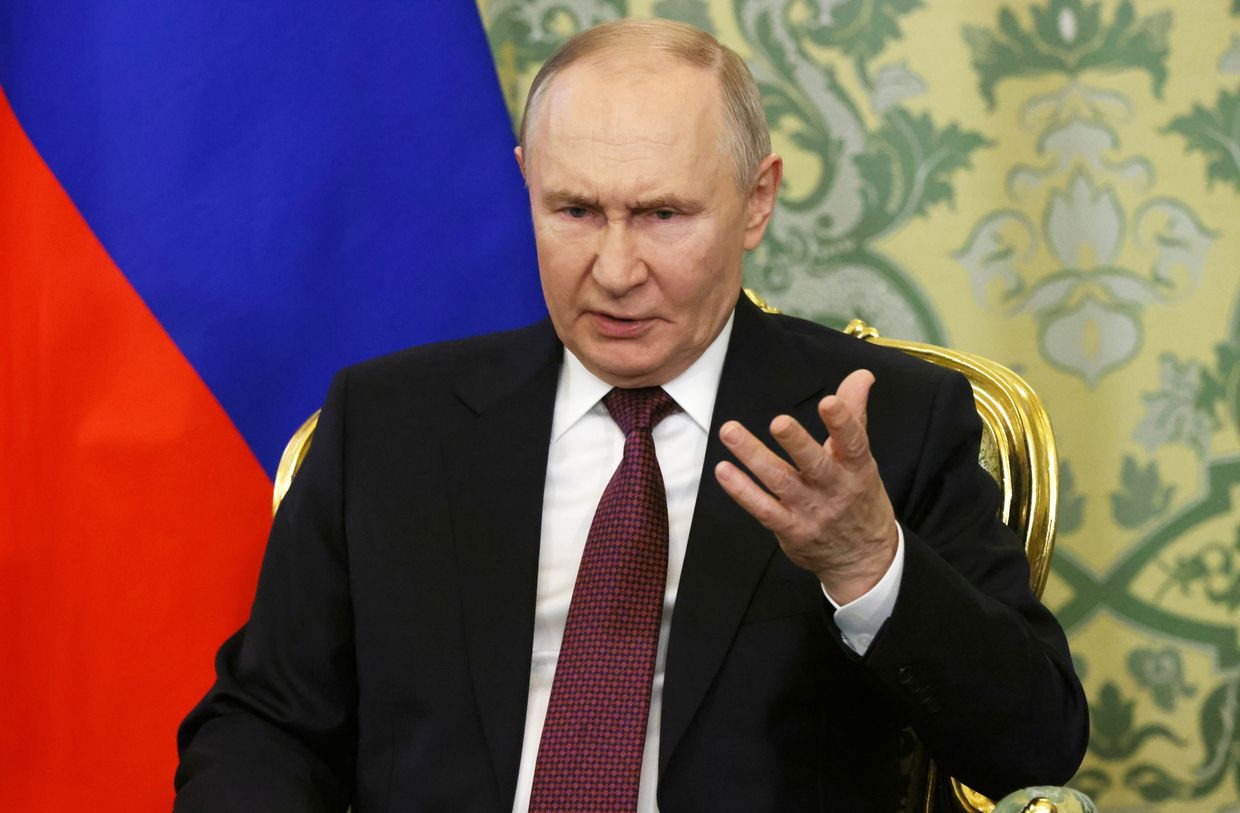
Ukraine’s allies have imposed sweeping sanctions on Russia and its supporters over the full-scale war, but experts say there’s room for more.
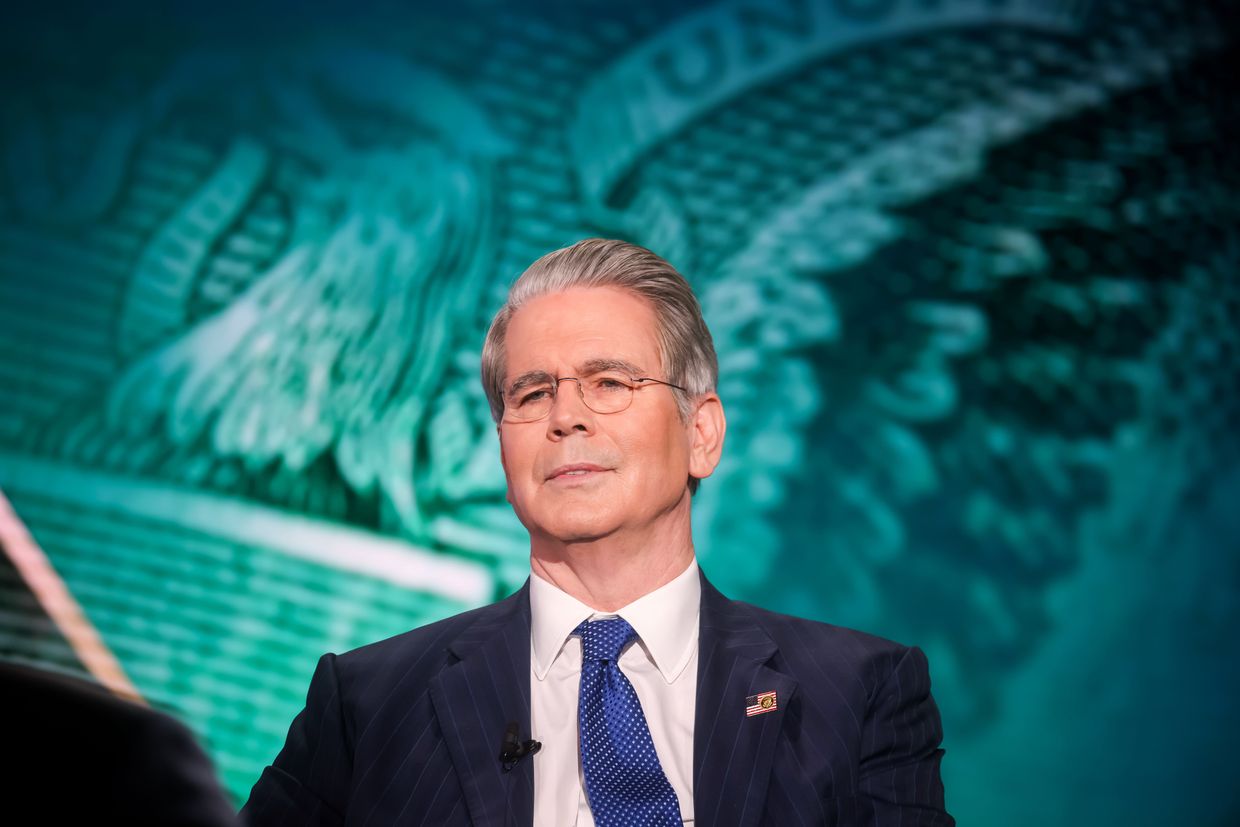
The proposal was dropped after U.S. Treasury Secretary Scott Bessent reportedly declined to support it.
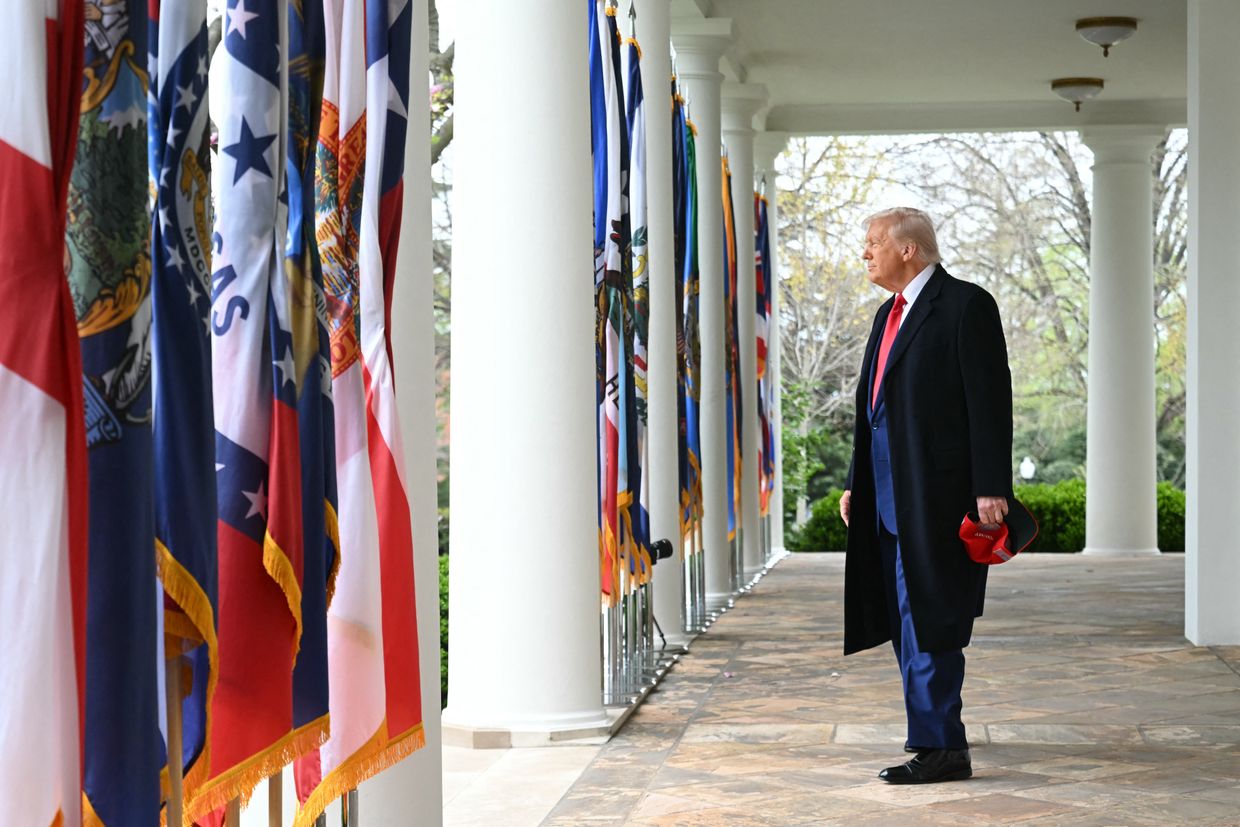
EU sanctions chief David O'Sullivan noted that there is "no more outreach" between the two sides on sanctions evasion and that G7 cooperation has "also lost momentum" in this regard, according to an internal report from an EU ministerial meeting in Brussels on May 20, Suddeutsche Zeitung reported.
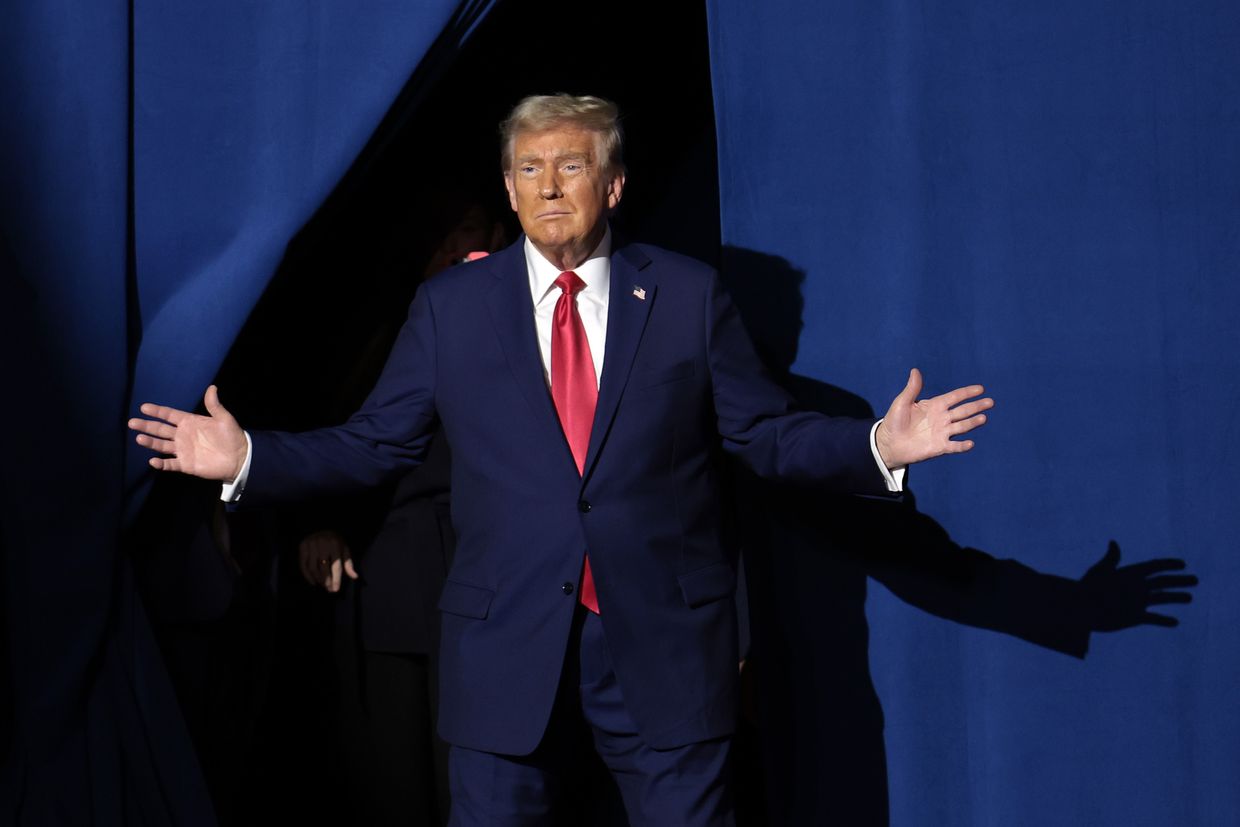
U.S. President Trump is considering imposing sanctions on Russia as it continues to wage its war against Ukraine, the Wall Street Journal reported on May 26.
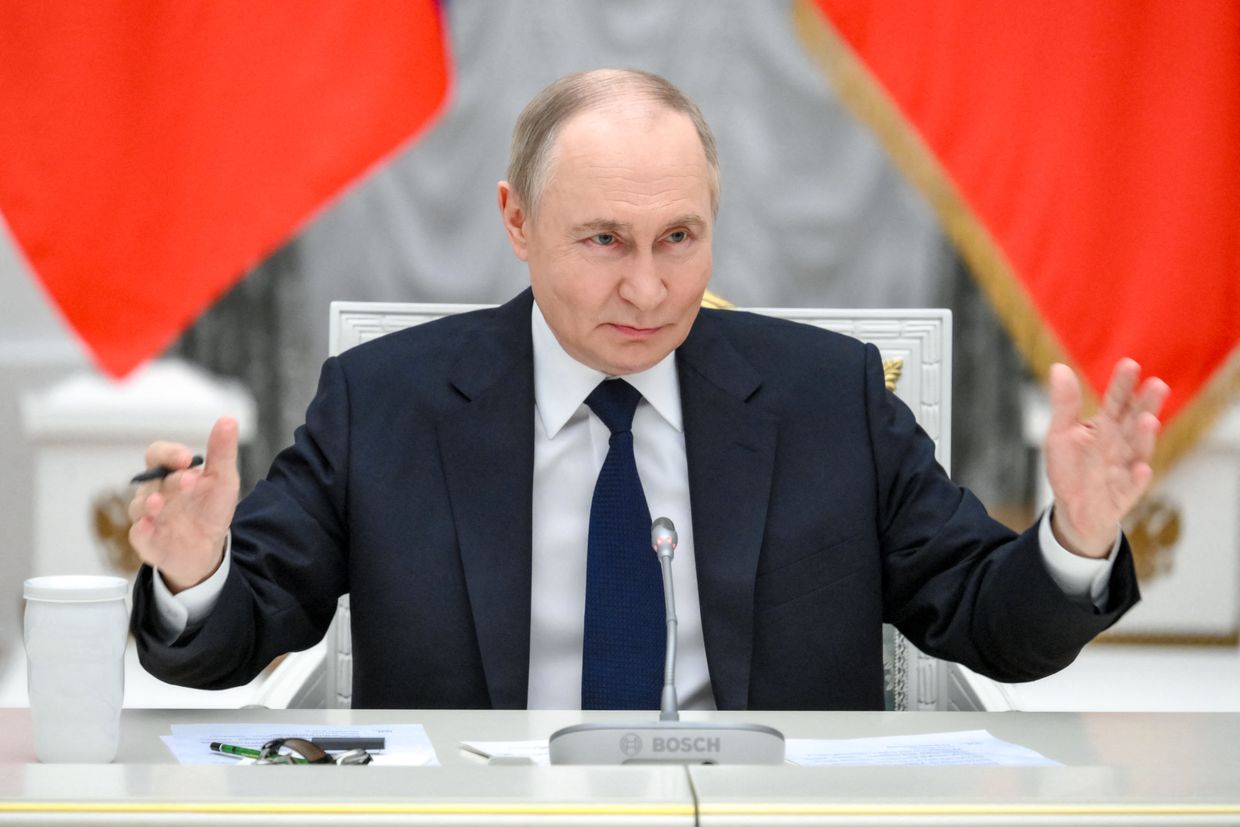
"We should strangle them. I agree completely. I'm speaking without any shame, because they're trying to strangle us," Russian President Vladimir Putin said.
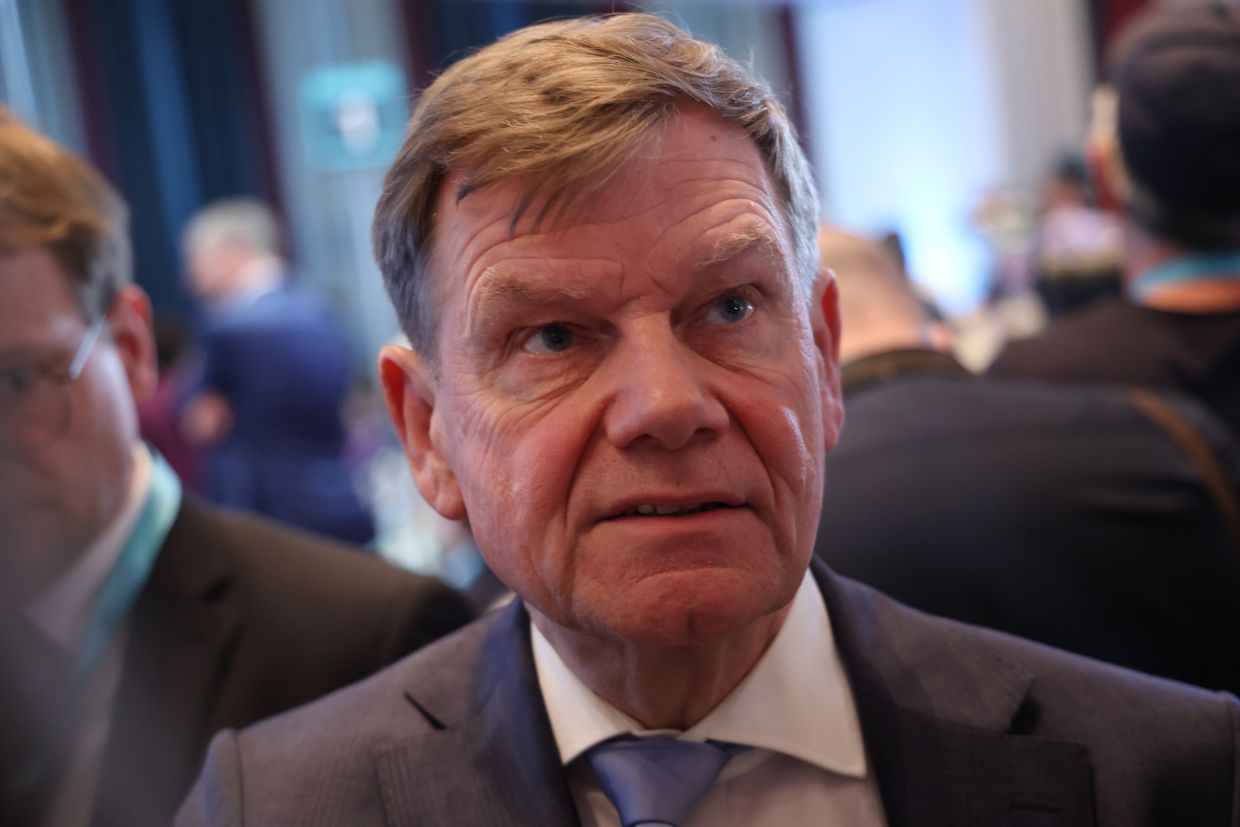
"(Russian President Vladimir) Putin is not interested in peace, he wants to continue this war, and we must not allow this, which is why the European Union will agree on additional sanctions," German Foreign Minister Johann Wadephul said on May 25.
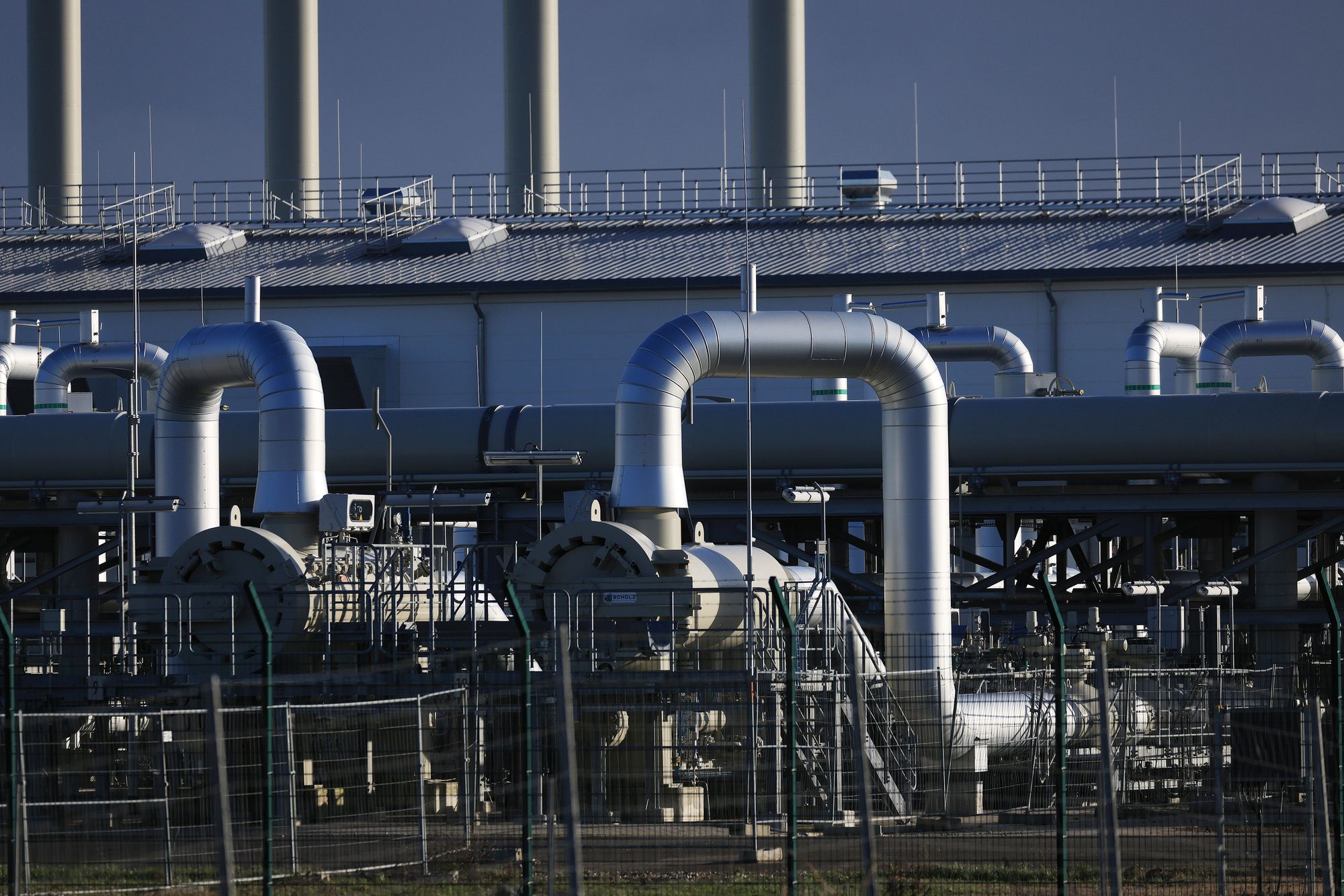
The EU is close to restricting the Nord Stream 2 pipeline in a new round of sanctions as Russia refuses a ceasefire in its war against Ukraine, Bloomberg reported.
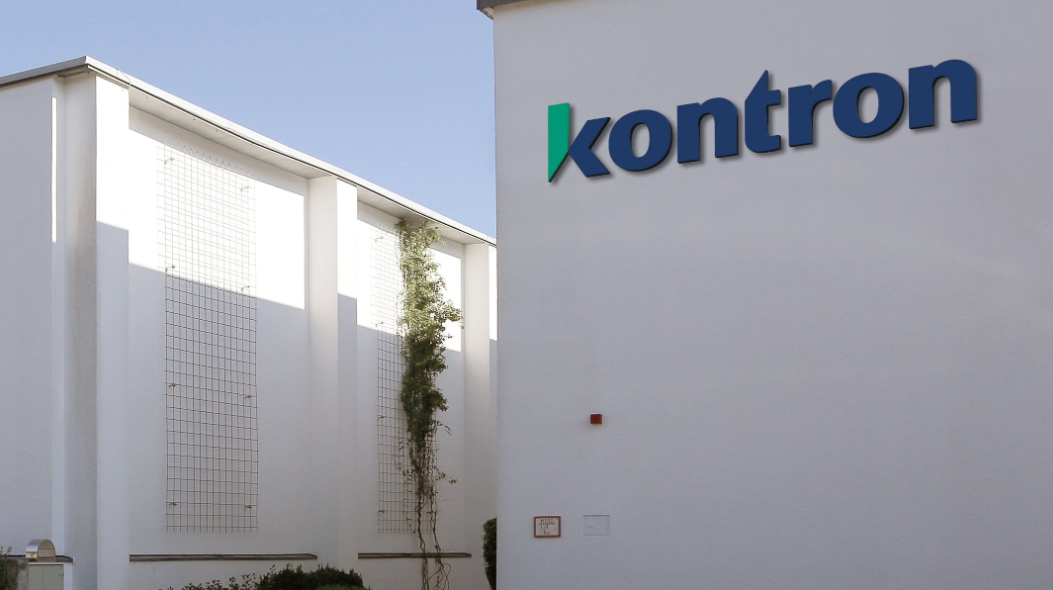
According to the report, Kontron used the Slovenian entity to ship over 3.5 million euro ($3.9 million) worth of telecommunications equipment to its Russian subsidiary, Iskra Technologies, between July and November 2023.
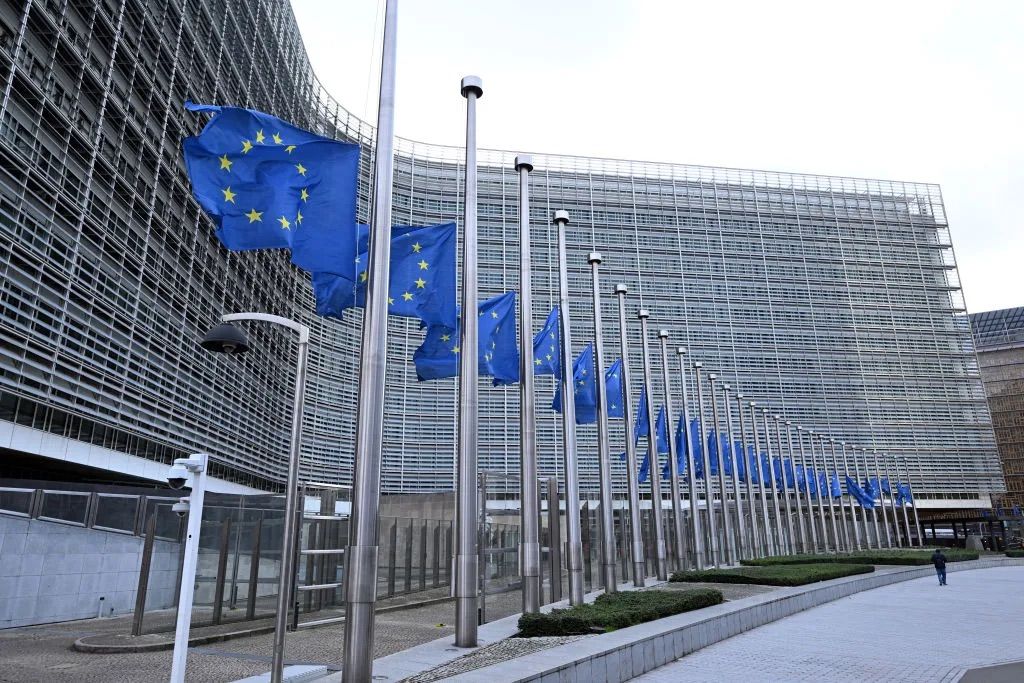
Reuters reported on May 21 that Ukraine will propose to the EU that the bloc speed up the seizure of frozen Russian assets to provide to Kyiv. The additional proposed sanctions would also target foreign companies that assist Russia through the use of technology, and "the introduction of secondary sanctions on purchasers of Russian oil".
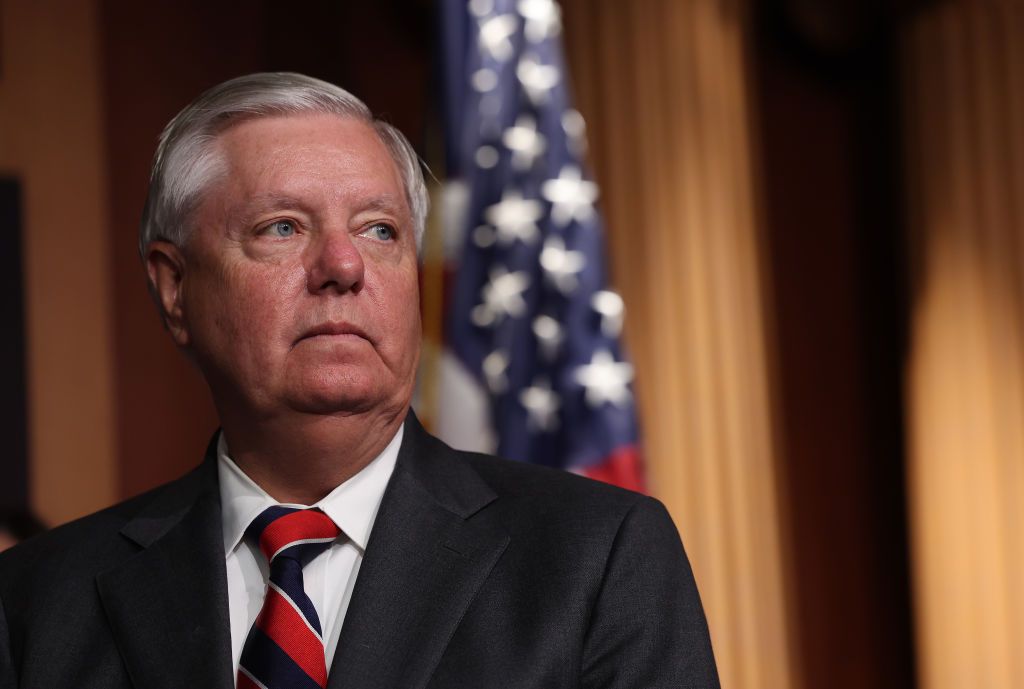
The U.S.-mediated negotiations between Ukraine and Russia have stalled, as Moscow continues to refuse a ceasefire.
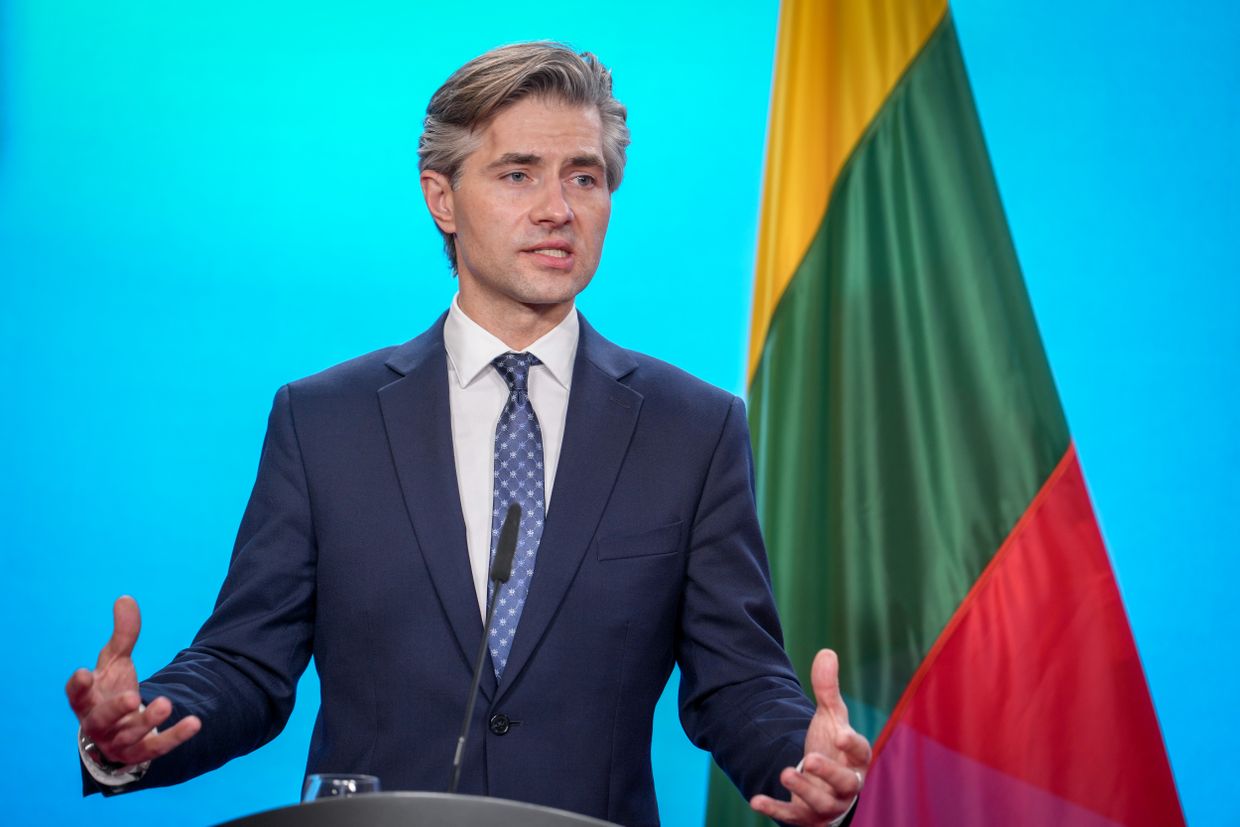
"Deception, disruption, distraction, and delay, and the whole point of it is to avoid sanctions," Lithuanian Foreign Minister Kestutis Budrys said. "We Europeans have to stop this vicious cycle and the instrument to stop it is to impose new sanctions."
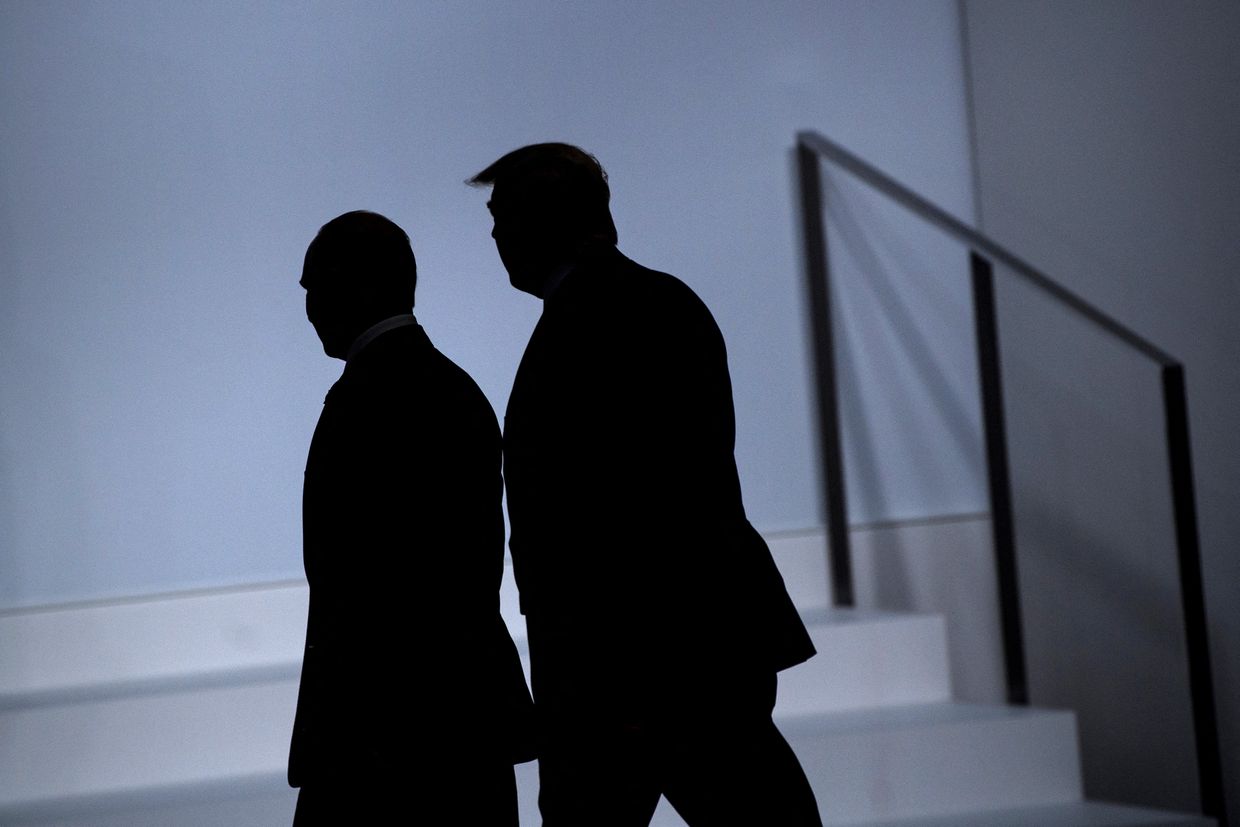
Speaking to the New York Times on the condition of anonymity, a White House official familiar with the call, said that imposing sanctions could impede Trump's goal of "maximizing economic opportunities for Americans," the publication wrote.
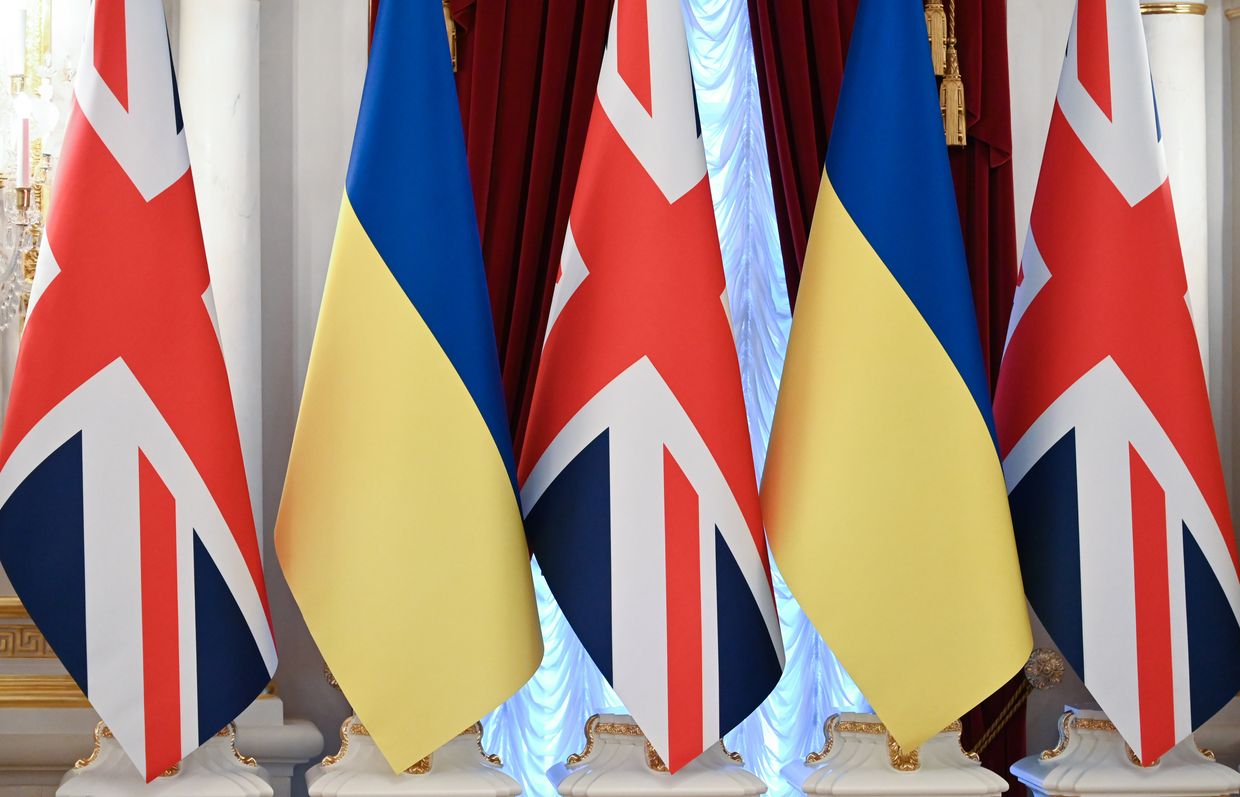
The measures, announced in coordination with the EU's 17th sanctions package, target "entities supporting Russia’s military machine, energy exports and information war, as well as financial institutions" supporting the Russian war effort.
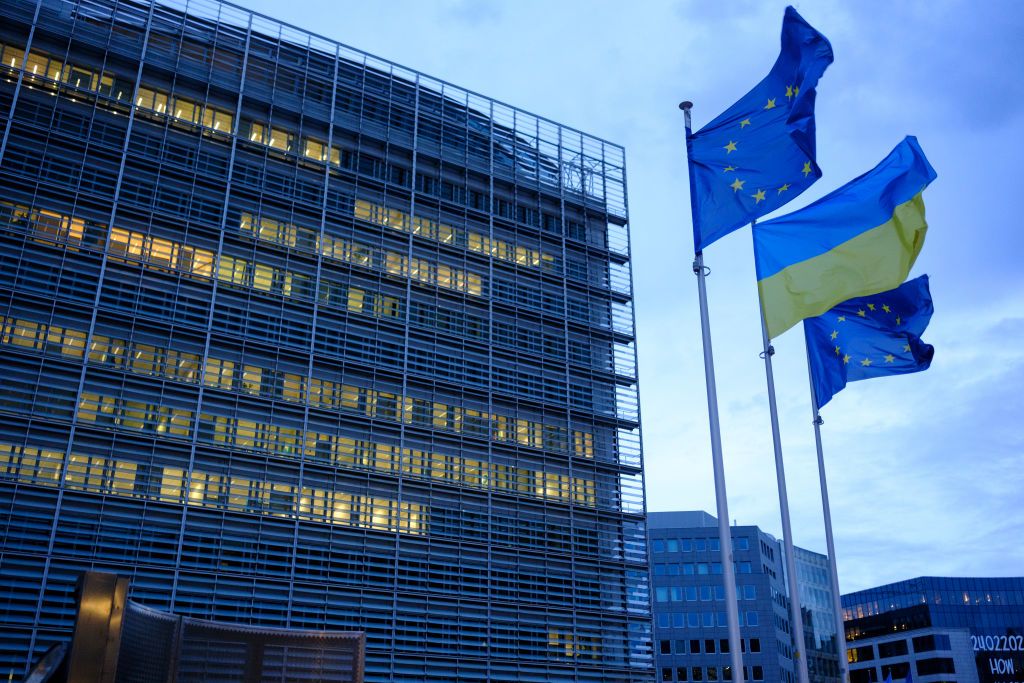
"New measures also address hybrid threats and human rights. More sanctions on Russia are in the works," Kaja Kallas said on X.
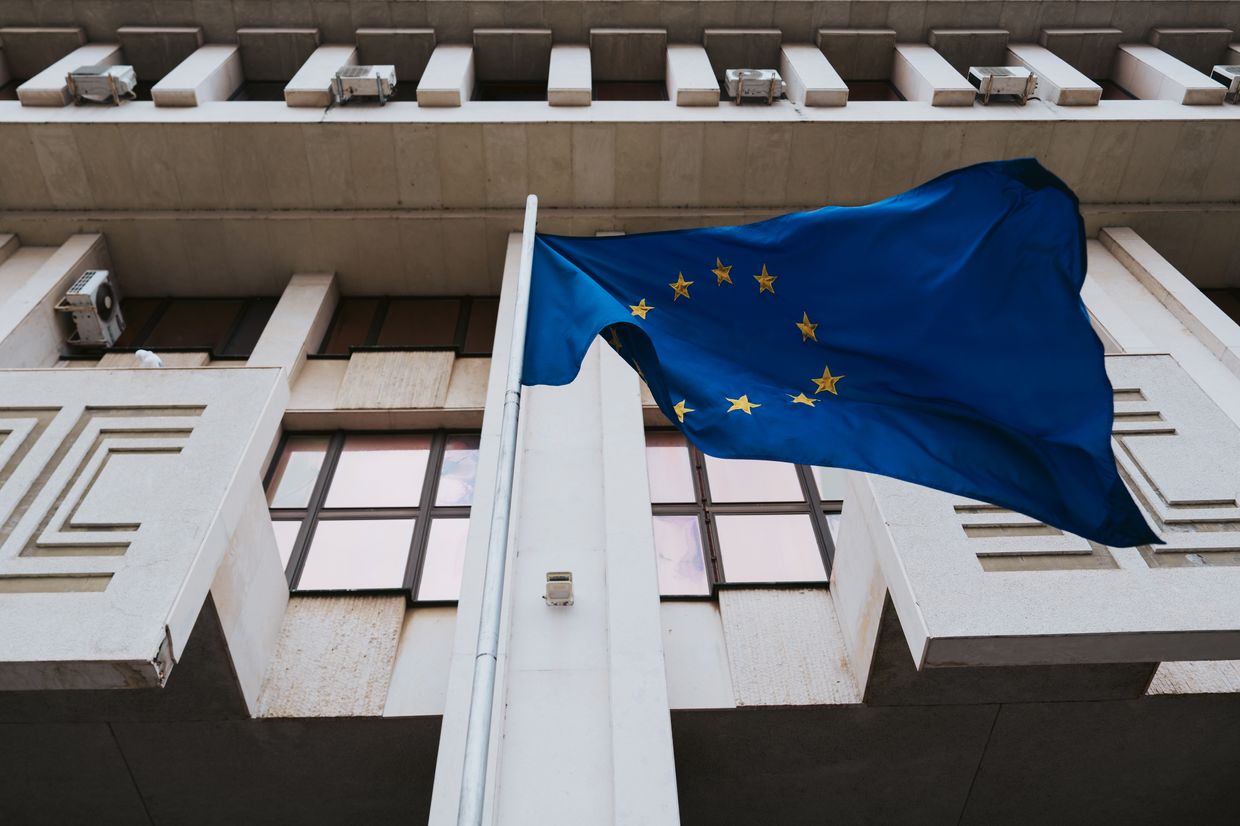
EU ambassadors on May 14 agreed on the bloc's 17th package of sanctions against Russia, primarily targeting its shadow fleet of oil tankers.
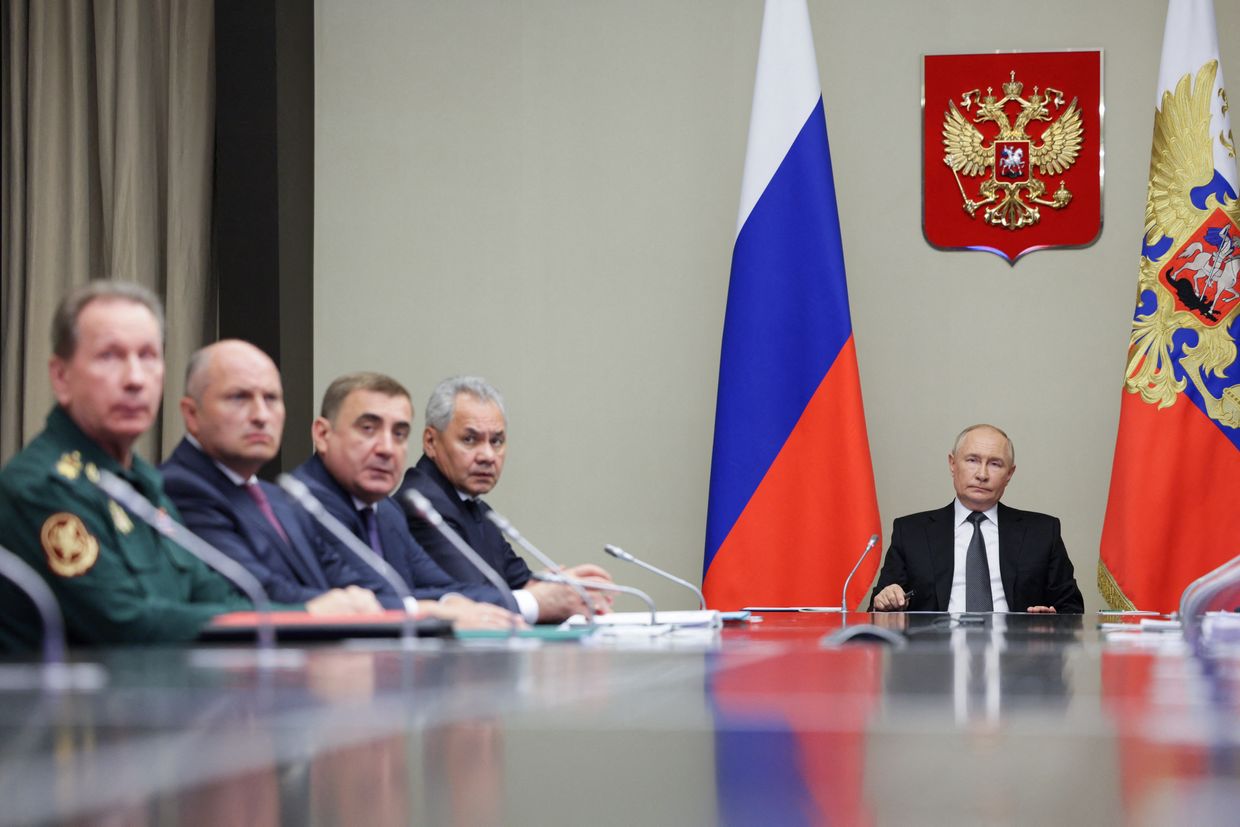
Over 60% of Americans believe Russian President Vladimir Putin is "stalling" peace talks involving the United States, and back weaponry shipments to Ukraine and additional sanctions if Russia refuses to negotiate a peace deal, according to a Harvard CAPS Harris poll released on May 19.
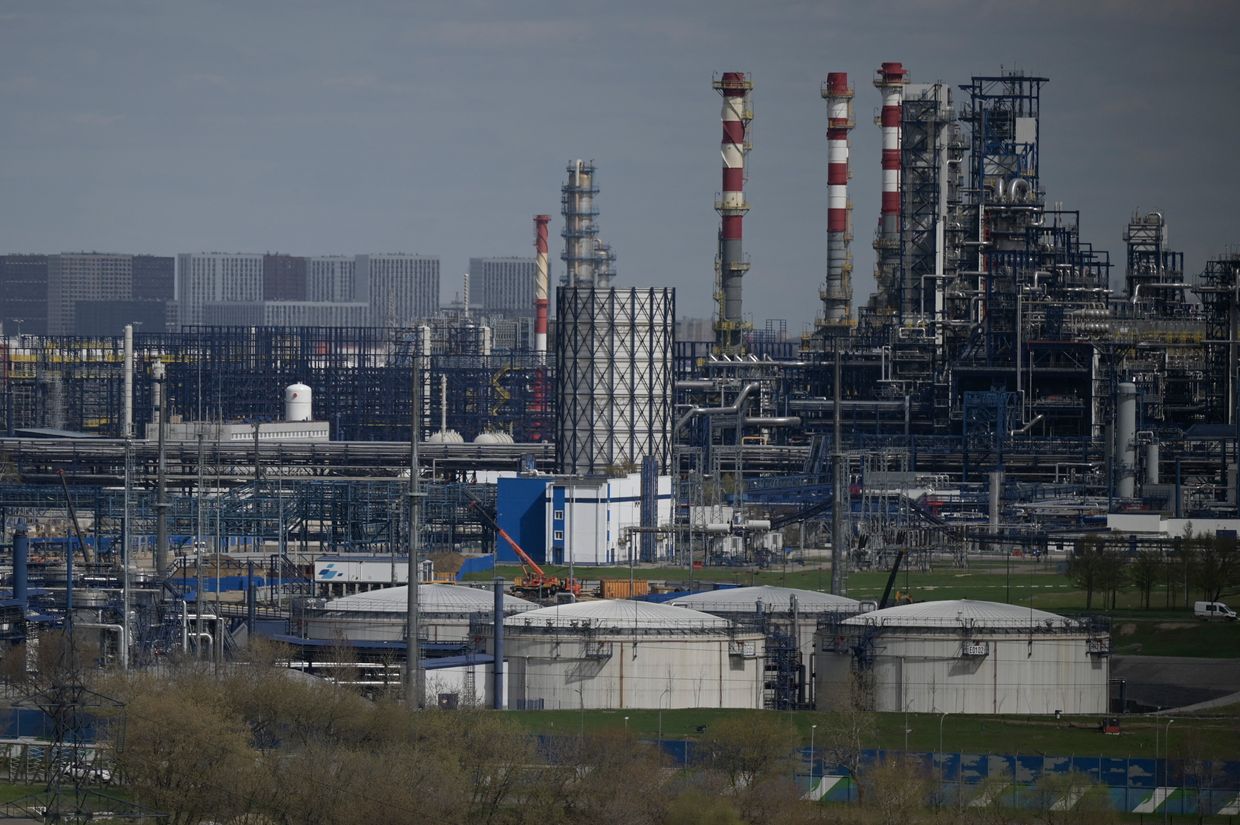
EU officials told Reuters they would propose bringing the cap down from $60 to $50 per barrel, as Brussels and its allies seek to further reduce the Kremlin's revenue from fossil fuel exports.
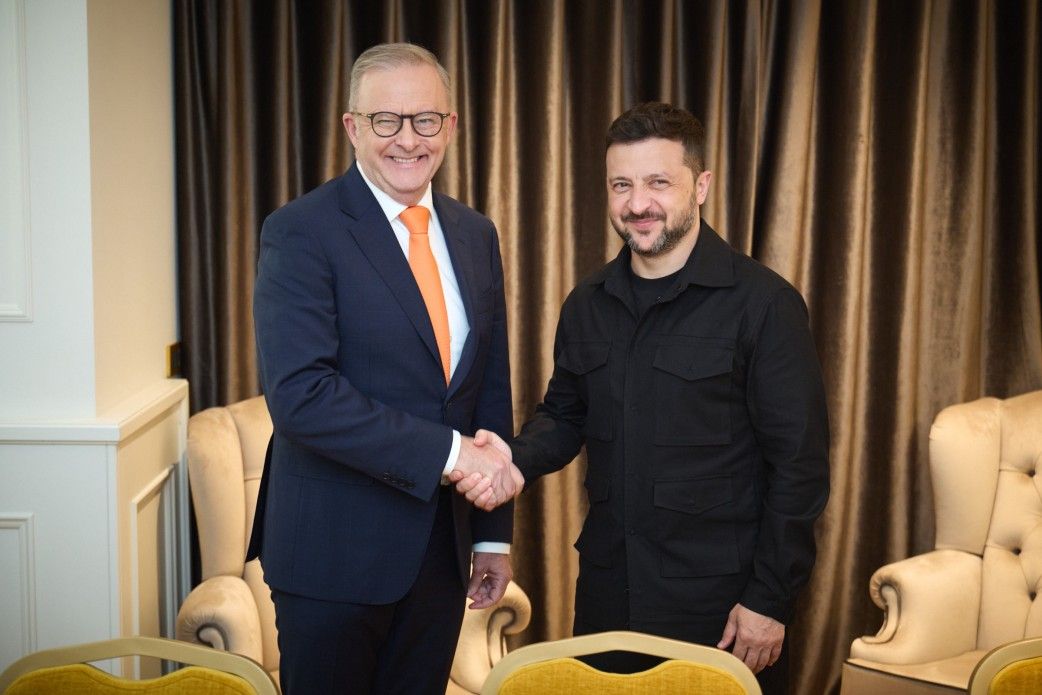
President Volodymyr Zelensky and Australian Prime Minister Anthony Albanese met in Rome on May 18 to discuss defense support for Ukraine, cooperation within the Coalition of the Willing, and increased pressure on Russia.

"During our talks we discussed negotiations in Istanbul to where the Russians sent a low level delegation of non-decision-makers," Zelensky wrote on X.
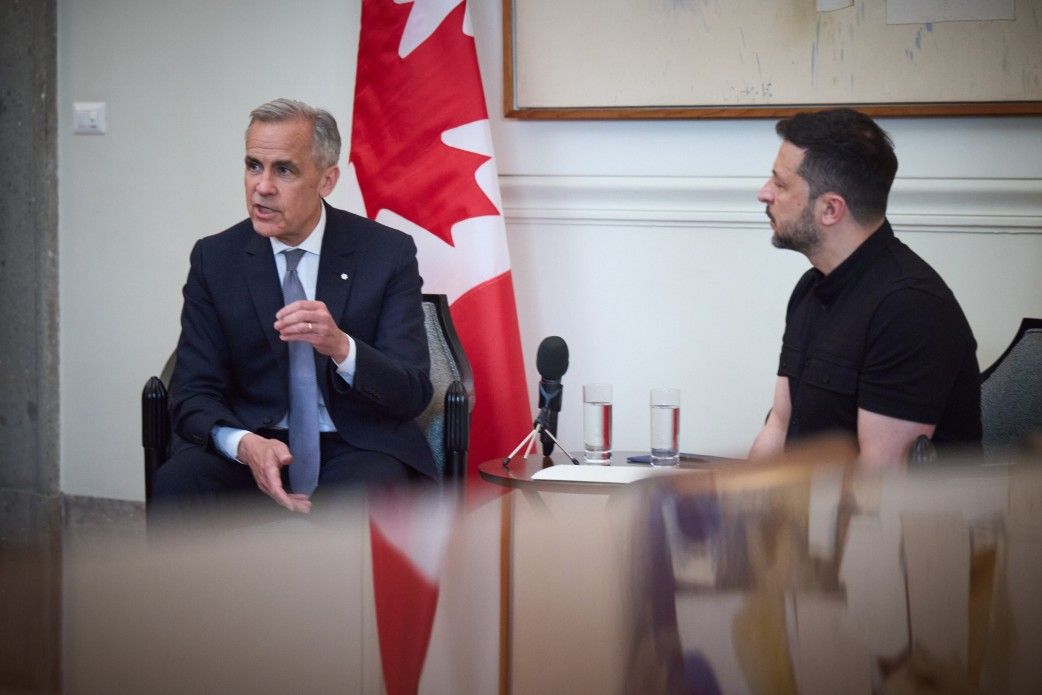
Canada's Prime Minister Mark Carney and President Volodymyr Zelensky met for the first time on May 17 in Rome, where Carney reaffirmed his country's "steadfast and unwavering support" for Ukraine.
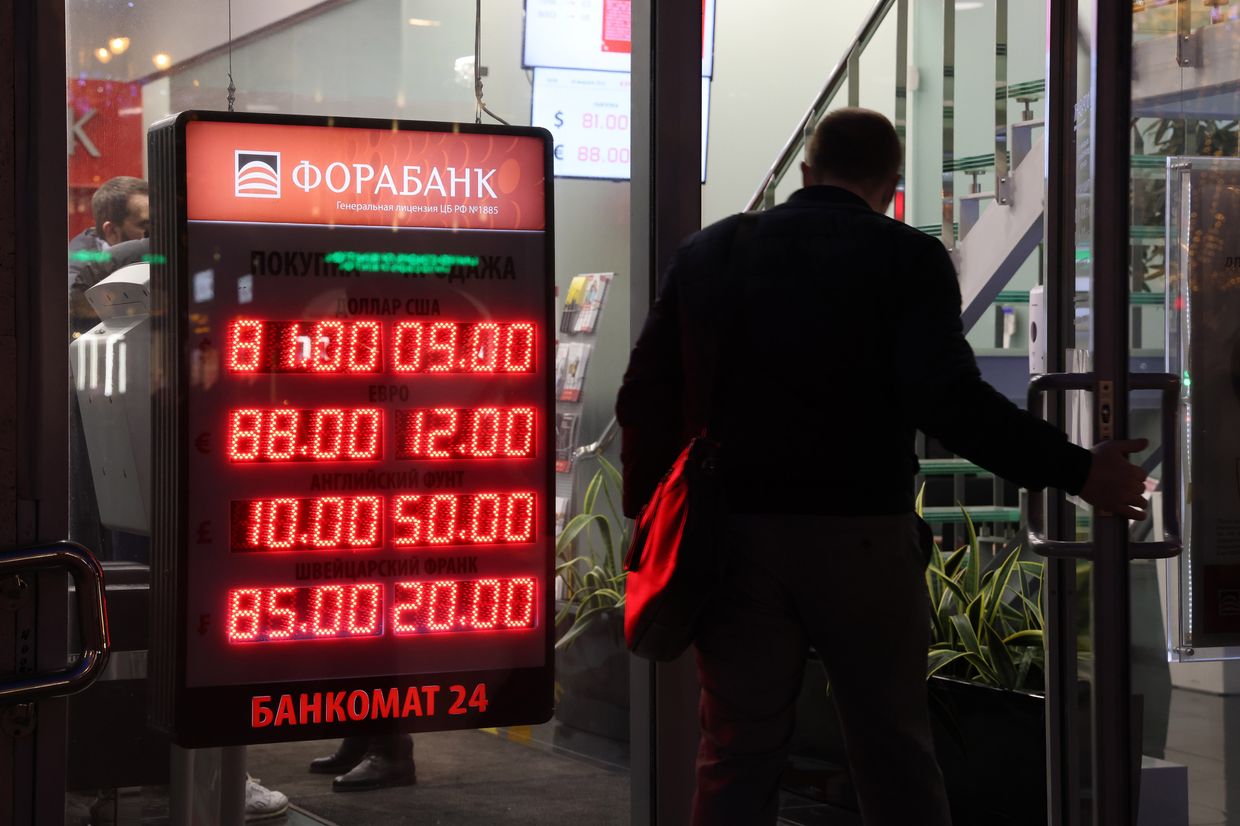
Russia's economy is experiencing a sharp slowdown in growth, according to a report released by the governmental statistics agency Rosstat on May 16. GDP only grew by 1.4% in the first quarter of 2025 – a notable decline from 4.5% growth in the previous quarter and 5.4% in the same period last year.
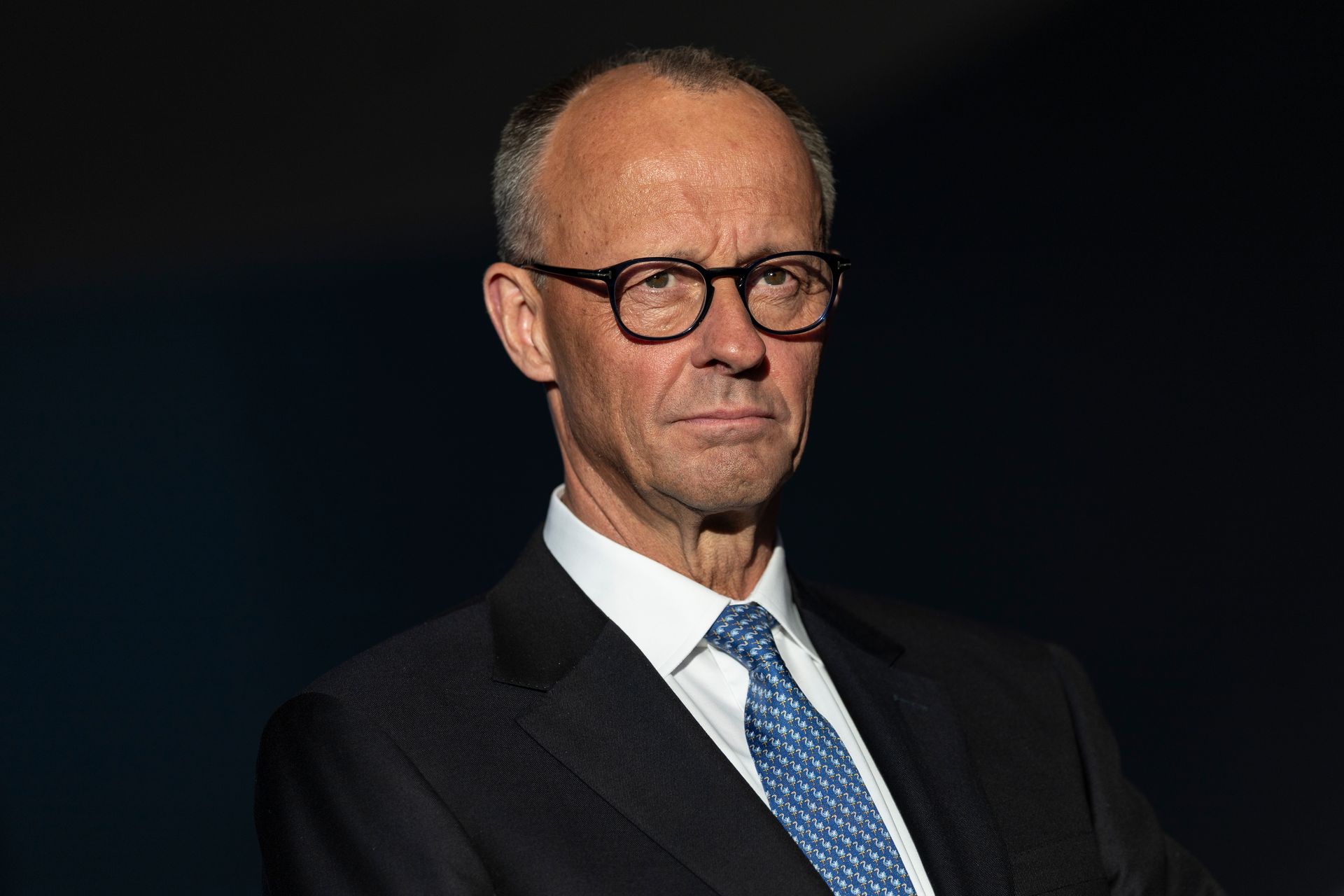
The European Union will adopt sanctions against Russia on May 20 in response to Russian President Vladimir Putin's declining to attend face-to-face talks with Ukrainian President Volodymyr Zelensky, German Chancellor Friedrich Merz said on May 15.
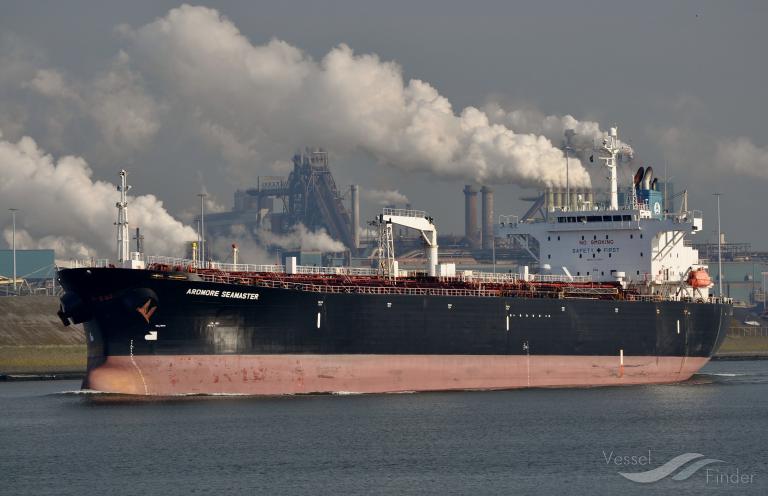
"The Russian Federation is ready to protect the 'shadow fleet'... the situation is really serious," Estonian Foreign Minister Margus Tsahkna said on May 15.
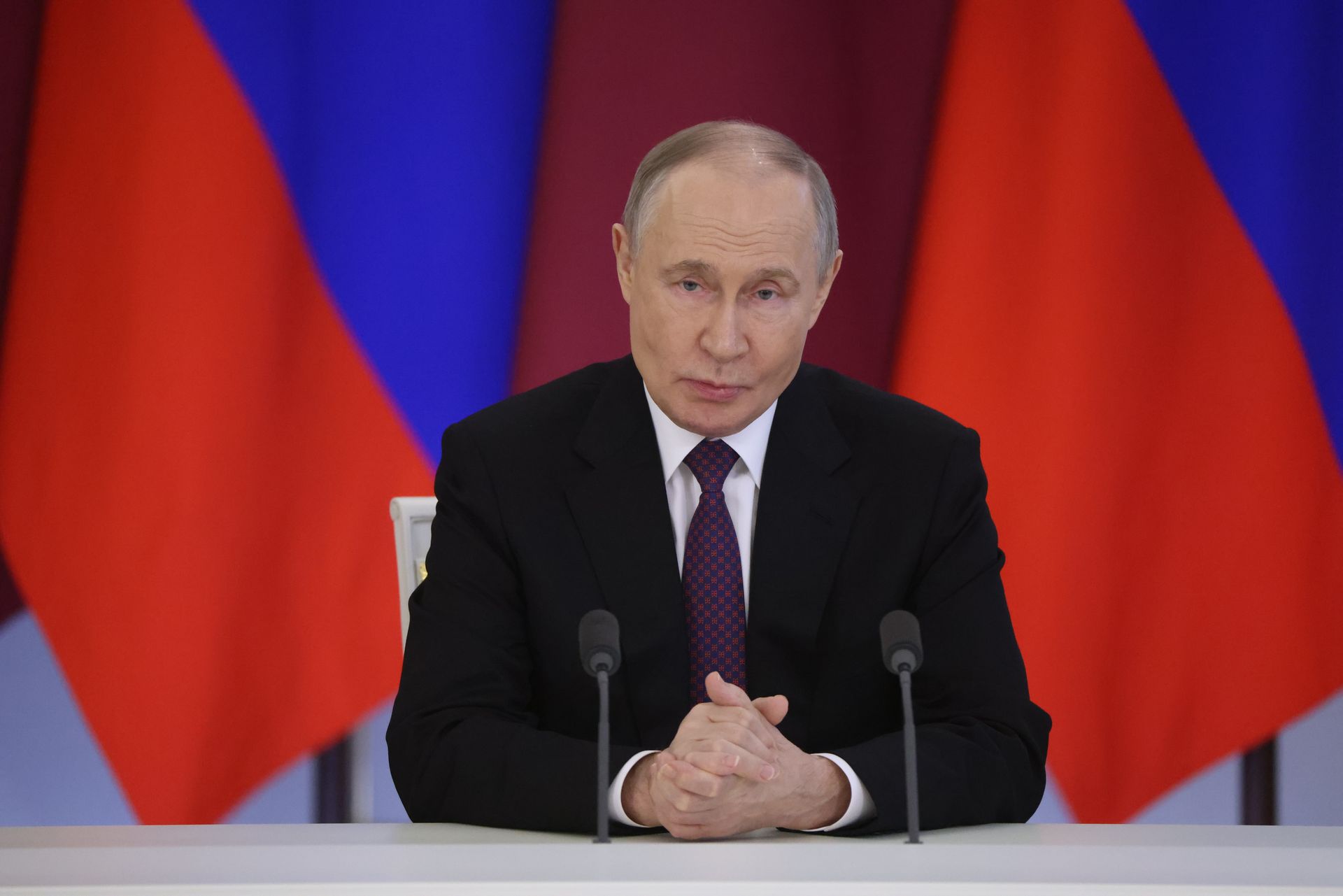
The European Union’s 17th package of sanctions against Russia, agreed on May 14, is being hailed in Brussels as a symbol of steady resolve. European Commission President Ursula von der Leyen welcomed the move, insisting it would "keep the pressure high on the Kremlin." But outside the EU bubble,
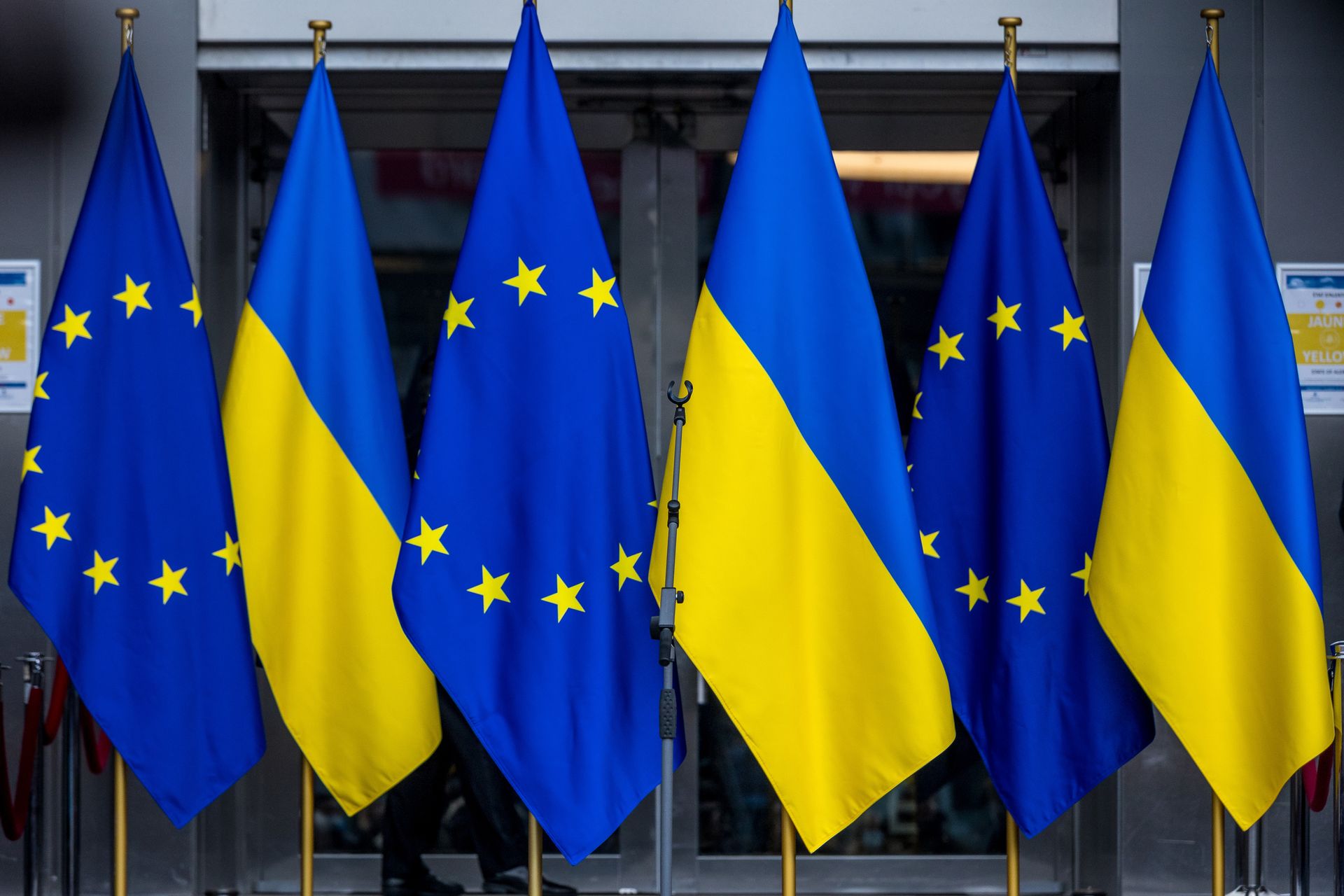
The measures target almost 200 ships of Russia's "shadow fleet," 30 companies involved in sanctions evasion, 75 sanctions on entities and individuals linked to the Russian military-industrial complex, and more.
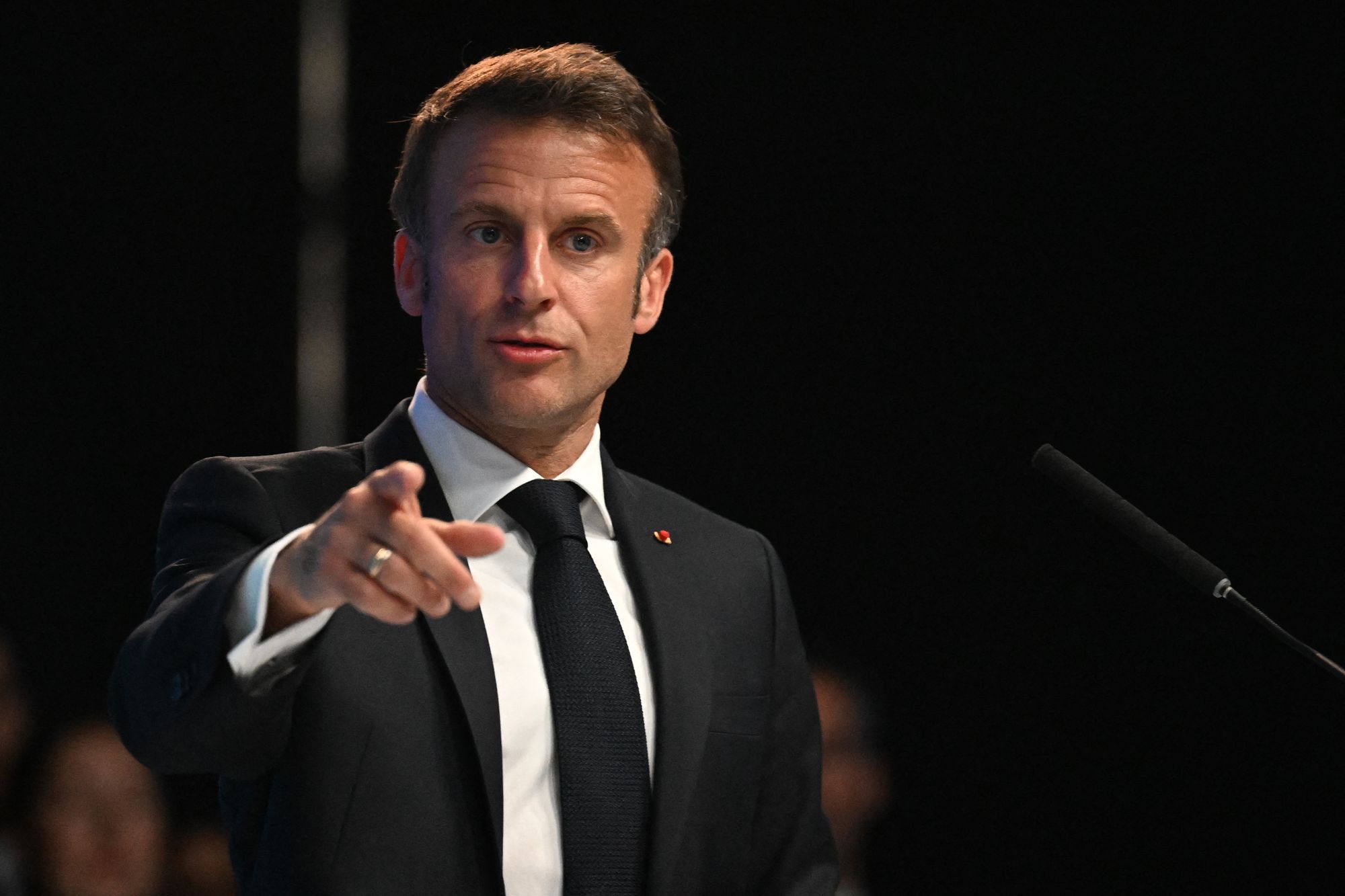
In an interview with French broadcaster TF1 on May 13, Macron discussed new Russia sanctions and stationing French nuclear weapons in other European countries as a deterrent against Russia.
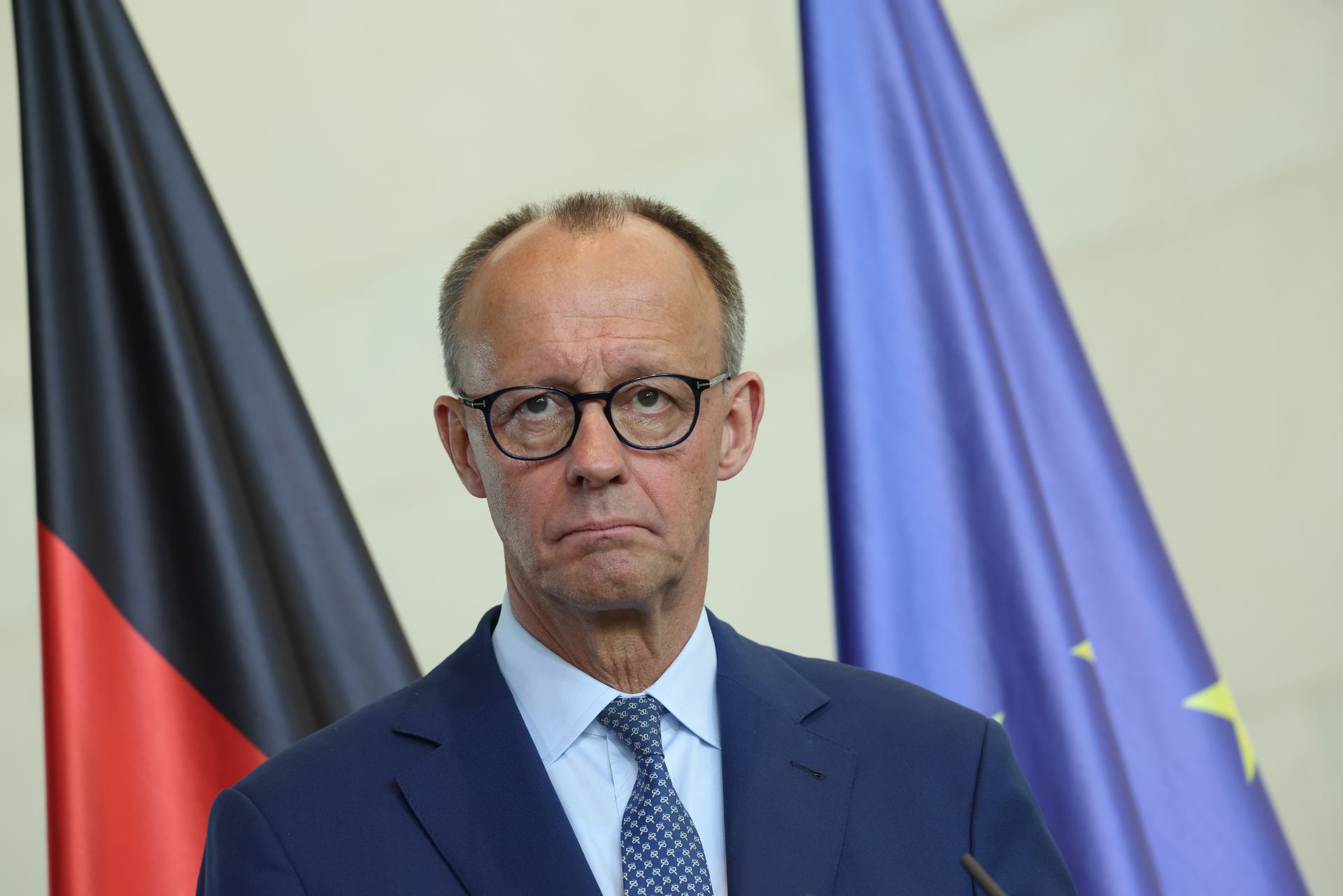
German Chancellor Friedrich Merz warned that further concessions from Ukraine during negotiations would be unreasonable if Russia continues to attack civilian targets.
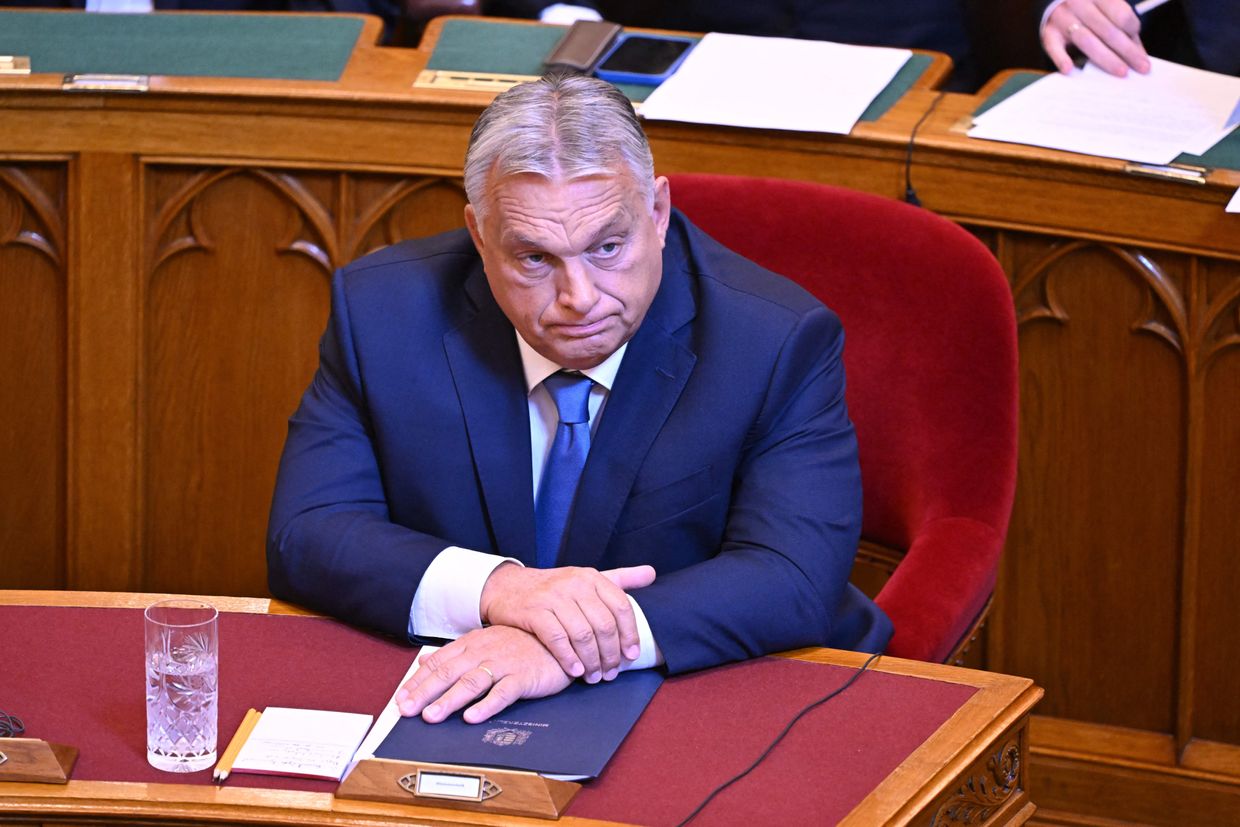
The sanctions will expire at the end of July unless all 27 EU member states agree to extend them.
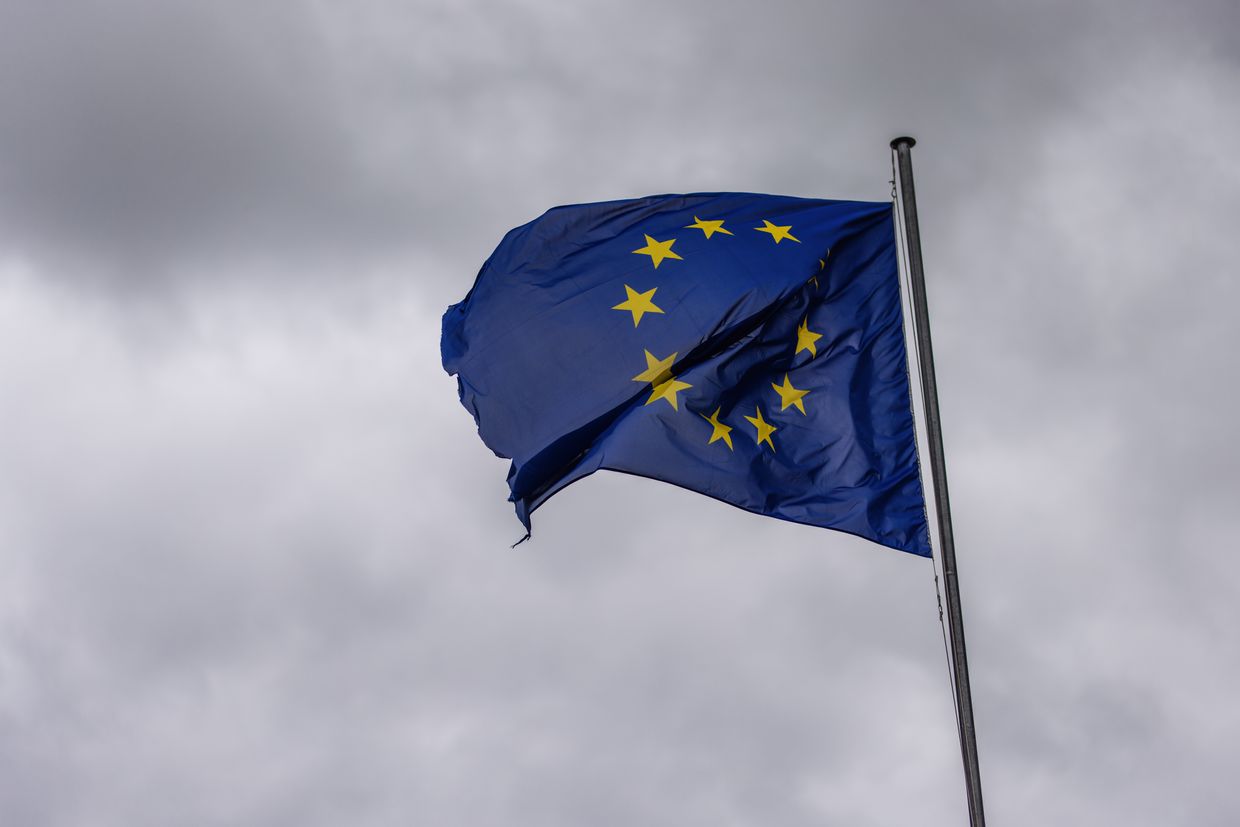
The EU plans to unveil on May 14 its next package of sanctions imposed against Russia over its aggression against Ukraine, an EU official told the Kyiv Independent on condition of anonymity.


